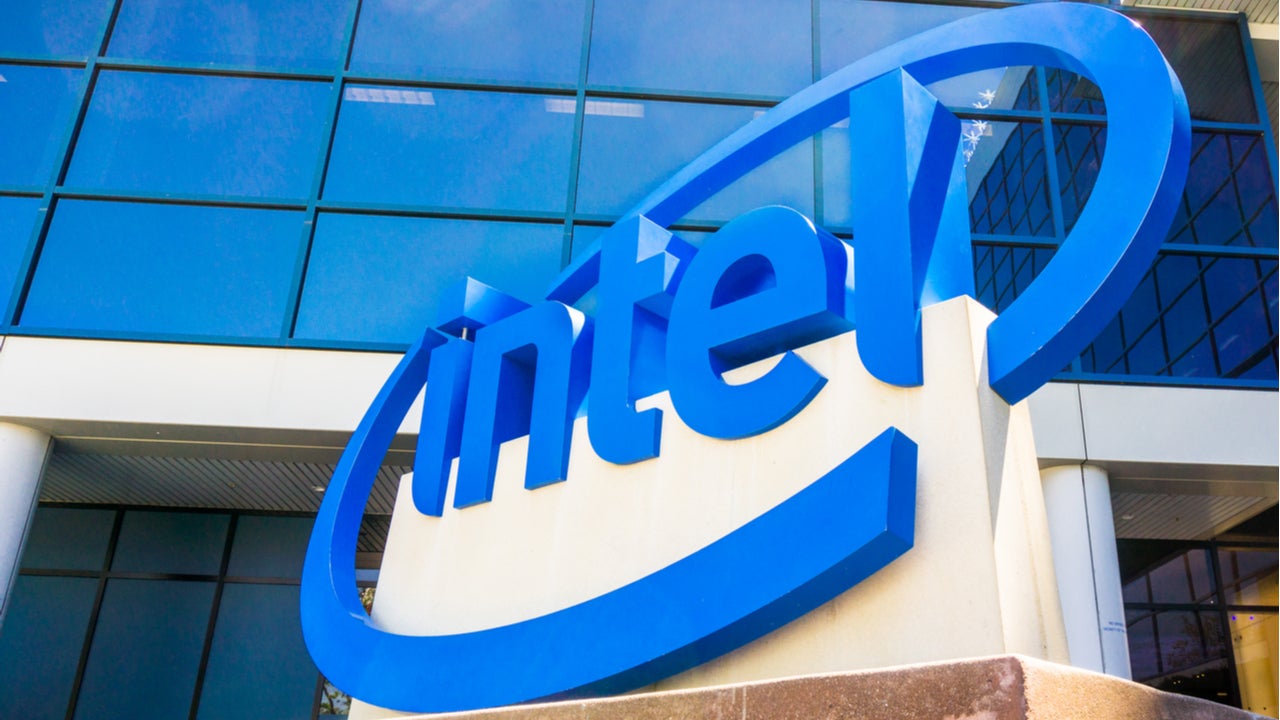
Intel will likely beat Apple to become the first company to use Taiwan Semiconductor Manufacturing Company’s (TSMC) 3 nanometre (nm) chip, which is said to begin mass-production in July 2022.
It has been rumoured for some time that Intel and Apple would be the first two firms to adopt TSMC’s process nodes for their own products. A report from China’s Taiwan Economic Daily on Tuesday said that a leaked TSMC’s supply chain order revealed that Intel would lead Apple and become the first to use the new 3nm process to produce graphic chips and server processors.

Access deeper industry intelligence
Experience unmatched clarity with a single platform that combines unique data, AI, and human expertise.
Compared to 5nm, the 3nm chips have a 10-15% speed improvement at the same power or a power reduction of 25-30% at the same speed.
According to GlobalData’s analysis, the next five years will see a significant reshaping of the semiconductor industry ecosystem. A new generation of highly energy-efficient chips – which mimic the way the brain works, conserving energy and working only when needed – will profoundly impact the industry.
On becoming the first customer of TSMC’s 3nm, TSMC told Chinese media that it would not comment on customers’ orders. However, the company’s chairman Liu Deyin was recently asked by shareholders how Intel’s stepping into the foundry would impact the business. Liu replied that “Intel is a customer of TSMC” and that he believes that Intel will also adopt “TSMC’s innovative technology.”
According to Liu’s remarks, Intel’s use of TSMC’s most innovative technology – the advanced 3nm extreme ultraviolet lithography manufacturing process seems to have long been decided. ITHome reported that TSMC’s supply chain even revealed that TSMC is currently intensively installing 3nm plant equipment to welcome Intel as its heavyweight customer.

US Tariffs are shifting - will you react or anticipate?
Don’t let policy changes catch you off guard. Stay proactive with real-time data and expert analysis.
By GlobalDataThe leaked supply chain order shows one graphic chip and three server processors as Intel’s core products. The first batch of products concerns 4,000 pieces and will likely, if true, be used for Intel’s notebook PC processors and data centre CPUs.
According to China’s Taiwan Economic Daily’s report, the chips will be made at TSMC’s 18b factory in Q2 of 2022 and mass production is set to commence in July next year. Interestingly, this is one year earlier than the original plan.
TSMC also announced in June that it aimed to start trial production for its 4nm chip in the third quarter of 2021, one quarter ahead of schedule. Moreover, the accelerated timeline shows Intel’s urgency to bounce back into the market it once dominated.
Intel’s newly appointed CEO, Pat Gelsinger, launched the company’s IDM 2.0 strategy earlier this year to keep pace with competitors. The company recently invested $3.5bn to upgrade its New Mexico chip manufacturing plant as part of the strategy.
Additionally, it announced a $20bn investment plan to build two new fabrication plants in Arizona for manufacturing physical chips. This follows other expansions at Intel sites in Oregon, Israel and Ireland.
Intel faces intense competition in the development and market acceptance of technologies and products in the computing industry. Its rivals include TSMC and Samsung.
According to GlobalData’s semiconductor scorecard, TSMC and Samsung supply 35% of all the world’s chips and 100% of the most advanced chips from their Asian foundries.
Intel is an integrated device manufacturer, which means it both designs and manufactures integrated circuits. Other players in the chip industry, such as Qualcomm and Nvidia, create semiconductor designs but outsource manufacturing to separate companies with fabrication plants, such as TSMC.







